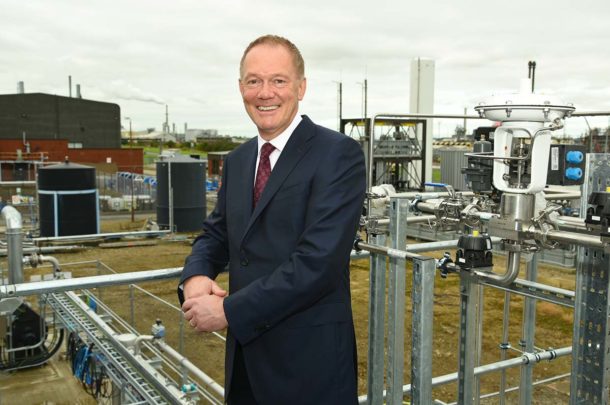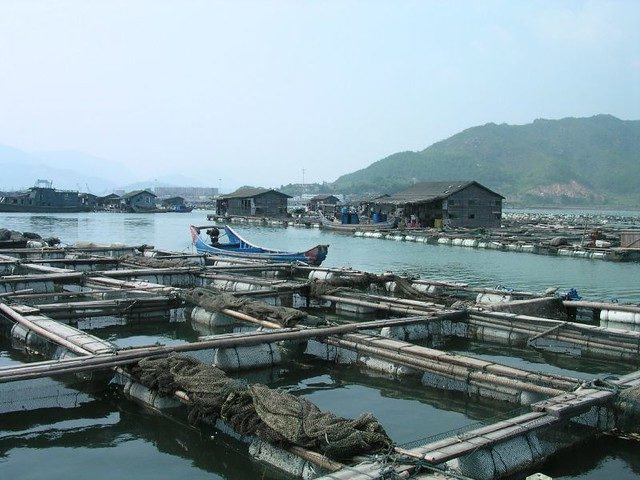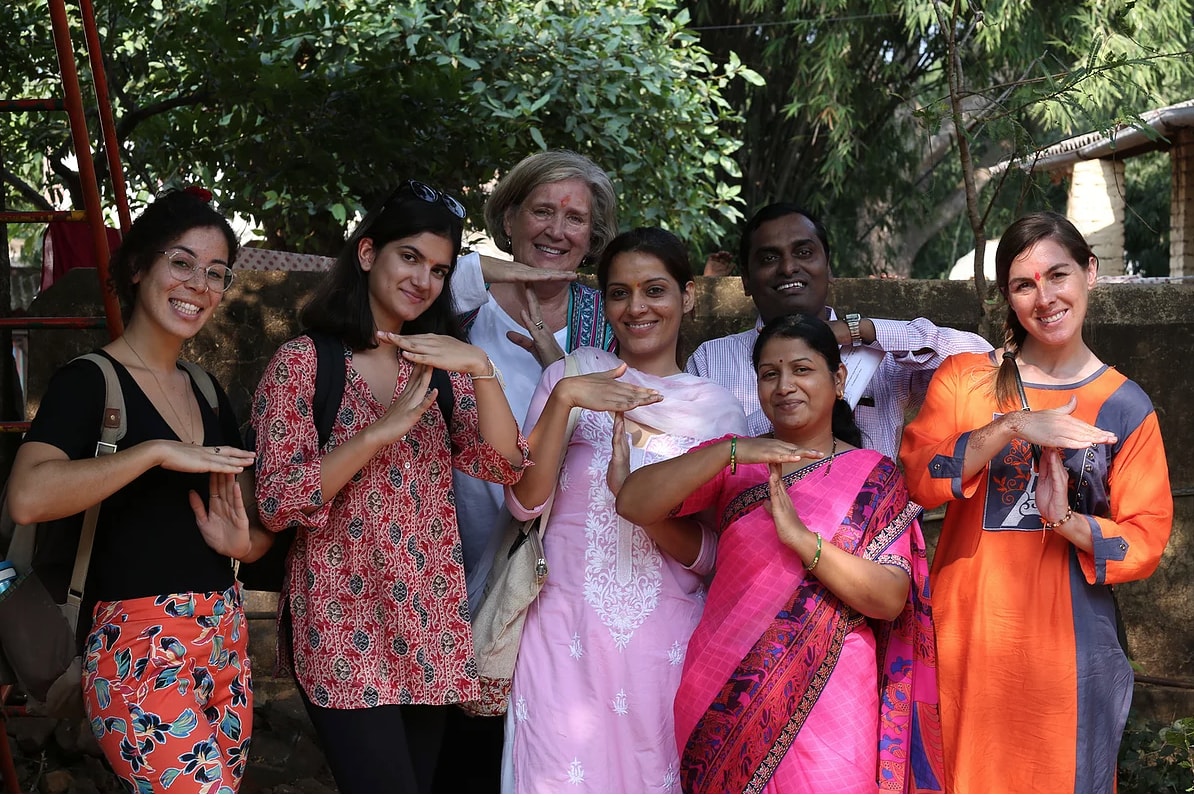While we at Impakter are ecstatic to see more and more sustainability-focused companies enter the market, we recognize that most of them will not come out on top. It is a monumentally difficult task to take an idea that makes economic and environmental sense on paper, and deploy it in the real world. Final products can end up being too expensive to make an impact, or the logistics behind manufacturing and product delivery cause more pollution than would be prevented. In this week’s Silicon Valley Insider, I was presented with a clear, formulaic solution to ensuring viable sustainability: focus on feedstocks. For Dr. Alan Shaw, CEO and Founder of Calysta, impact is binary, you either create “more from less,” or you don’t.
He’s seen green startups and ideas come and go because of their inability to create economically sound supply chains. I caught up with him to learn about his work in the areas of food sustainability and food security. His current company is in the process of building several production plants that will use two of the most prevalent and most environmentally harmful feedstocks on the planet, methane and natural gas, to create single-celled proteins to be used as food in aquaculture.

“We have found a non-GMO microbe that has been evolved by nature to sequester methane from the ground,” Dr. Shaw mentioned. “We can use it now to make food from these gases, instead of burning them.”
Last week, Calysta received a $30 million investment from BP Ventures, the venture capital arm of the integrated oil and gas company, BP plc (formerly known as British Petroleum). Along with the investment from the oil “supermajor” is a strategic partnership to provide much-needed gases for the proprietary fermentation process.
Dr. Shaw calls himself a “seasoned” entrepreneur after IPO’ing his last biotechnology company Codexis, and exiting via trade sales on two other ventures. His self-classification is an understatement to say the least, as he also serves as a biotechnology advisor to the governments of the United Kingdom and Malaysia, among other prestigious board positions and accolades.
His credentials may be highly specific and scientific, but his understanding of the many issues that Calysta is tackling is much more holistic.
“It starts with the protein gap,” Dr. Shaw begins, “we’re going to go from 6.5 billion people to 9.5 by 2050, and they need to be fed.” He explained that of the 40 million ton protein shortage estimated from this population influx, Calysta’s process could provide just under 3% of protein needed, or 1 million tons. A conservative estimate in his mind, and still one that makes a material impact.
Calysta’s leading product, FeedKind, is approved for sale in the European Union, Dr. Shaw told me, and has been shown to be an effective alternative to fish meal and plant protein. It is protein-dense and includes every essential amino acid, and better aligns with the natural diet of both salmon and shrimp. In May, Calysta joined forces with seafood giant Thai Union Group PCL to offer commercially farmed shrimp fed with FeedKind, a huge step forward in food traceability.
But in order for FeedKind to check all the boxes of an economically viable solution, it also needs to make money. Dr. Shaw addressed that swiftly, “On an equivalent basis, in terms of carbon in and carbon out, $1 of natural gas converts to $20 of FeedKind.”
How is this possible? First, natural gas is cheap and is a by-product of oil drilling. To give an example, the United States’ largest oil field, The Permian Basin, produced 3.33 million barrels of oil a day and 10.7 billion cubic feet of natural gas per day (Bcf/d) in 2016. That’s 12-15% of the U.S. natural gas production in a year and it didn’t include a single natural gas rig. Second, Calysta’s primary feedstock is “piped in” in the form of a gas, thus shortening the supply chain, reducing costs and transport-related carbon emissions.
RELATED ARTICLES:

Silicon Valley Insider: Phospholutions vs. Phosphorus Pollution
 Silicon Valley Insider: Cellibre, Applying Cellular Agriculture to Manufacture CBD
Silicon Valley Insider: Cellibre, Applying Cellular Agriculture to Manufacture CBD
“Food security is equivalent to national security,” Dr. Shaw commented, “and we have a real opportunity to make an impact on a global scale.”
The Company plans to have their production facilities completed in 2021 or 2022. And while FeedKind is currently not approved for human consumption, they plan to make the leap at some point. We at Impakter are excited to follow Calysta’s progress and their appetizing solution for food security.
Week to week, we also keep track the deals of other impact investments and sustainable companies. Here are a few deals that caught our eye:
- SV Academy closes $9.5 million to teach tech skills as no cost to students.
- Fifty Years’ $50 million fund signals tech’s turn toward impact.
- Wunder Capital sells loans to free $200 million for solar financing.
Check back next week for more impact-focused deals and stories!
In the Cover Picture: Aquaculture pens in Bay of Luoyuan, China. Credit: Jack Parkinson.
EDITOR’S NOTE: The opinions expressed here by Impakter.com columnists are their own, not those of Impakter.com.










